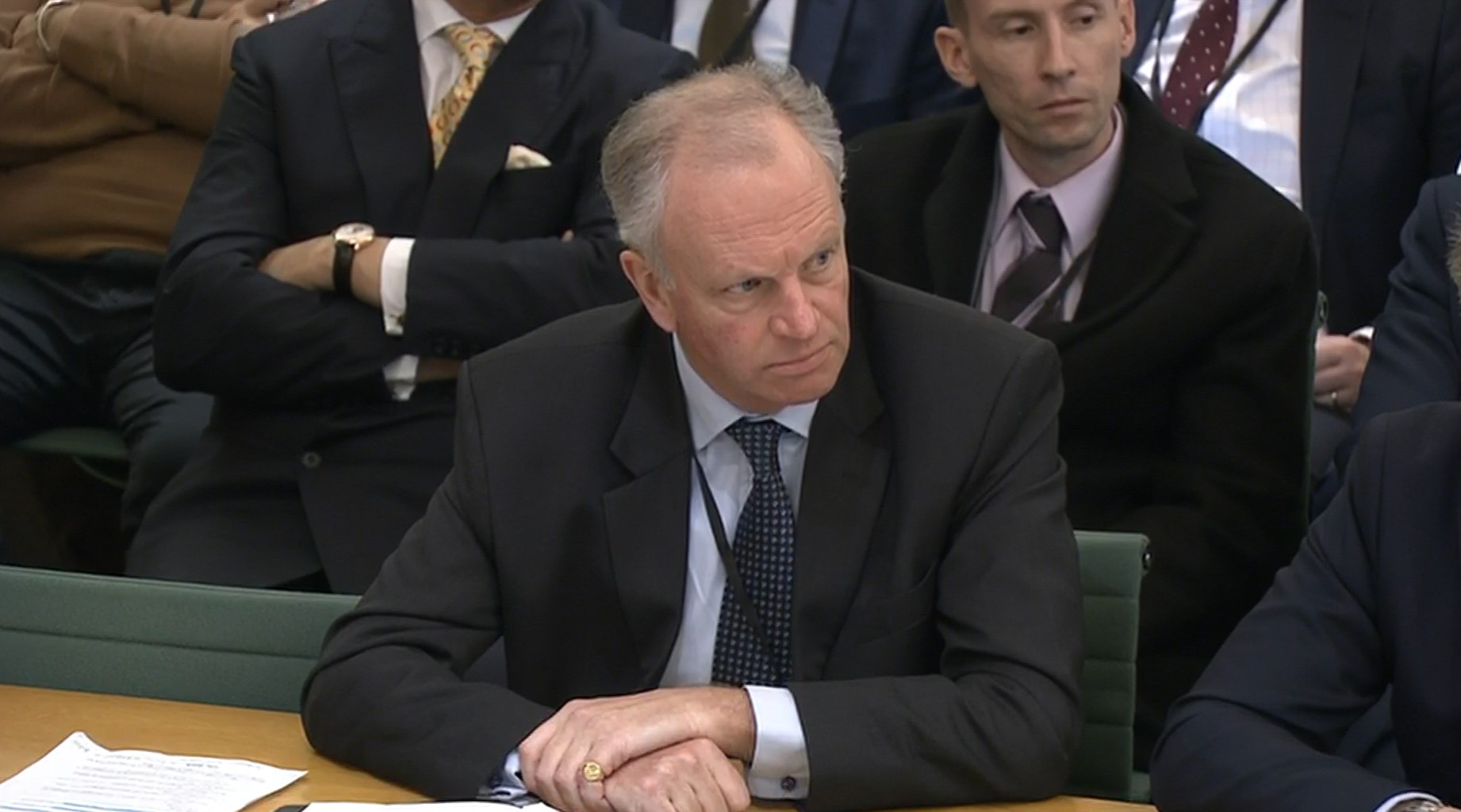Kari Lake's office receives 'suspicious envelope' of unknown substance
Kari Lake, the GOP candidate for Senate in Arizona, received an envelope with an “unknown substance” at her campaign office building on Tuesday, Phoenix police said. The substance was “tested and deemed non-hazardous,” police said Tuesday, after officers and firefighters cleared the building to send a team to investigate the substance. “There was no immediate...

Kari Lake, the GOP candidate for Senate in Arizona, received an envelope with an “unknown substance” at her campaign office building on Tuesday, Phoenix police said.
The substance was “tested and deemed non-hazardous,” police said Tuesday, after officers and firefighters cleared the building to send a team to investigate the substance.
“There was no immediate threats to the community and the occupants of the building will be allowed access shortly,” police added.
Lake thanked local law enforcement and the hazmat teams “for their swift and professional response” in a post on social media.
She then accused the “radical left” of orchestrating the incident.
“This isn't just about me; it’s an attack on our movement. I won’t be intimidated, and those responsible must be brought to justice,” she said.
The incident comes exactly two weeks before the election, amid a backdrop of heightened political rhetoric and a sharp rise in threats against public officials.
Last month, election officials in at least five states were sent suspicious packages with powder-like substances. The substances were deemed harmless, but protocol dictated a “precautionary evacuation” in most office buildings.
Last November, suspicious letters were sent to election offices and government buildings in at least six states. Some letters contained fentanyl, and others were not toxic. Still, the suspicious mail delayed the counting of ballots in some local elections, The Associated Press reported.
Officials have taken steps across the country to increase security of election buildings and to boost protections for workers, following the wave of harassment that many election workers faced during the 2020 election and its aftermath.



